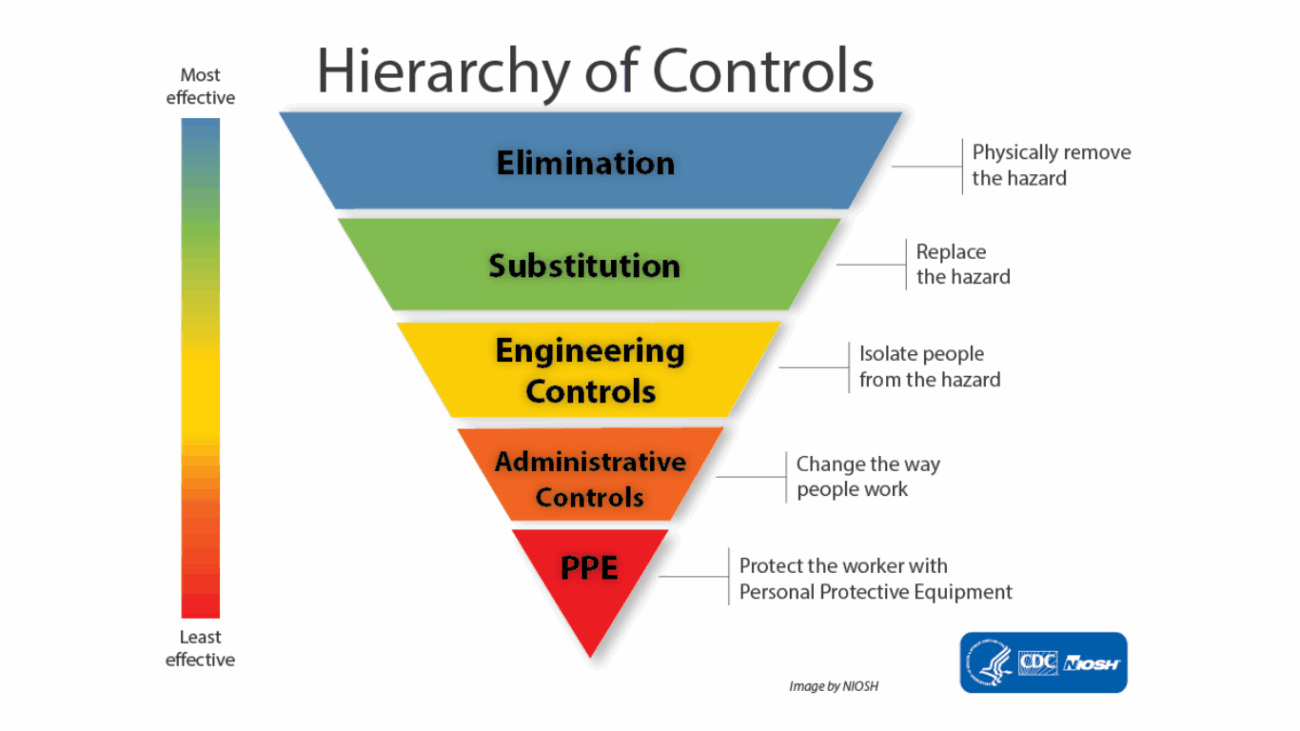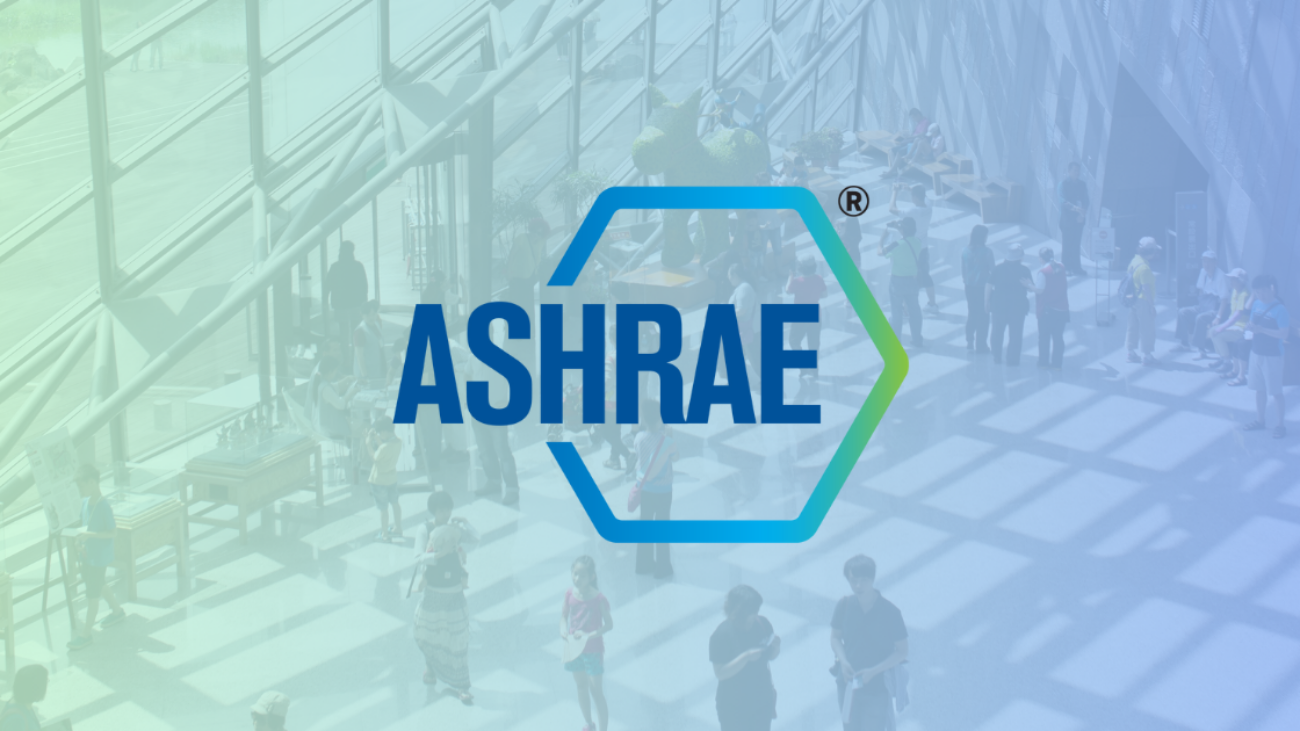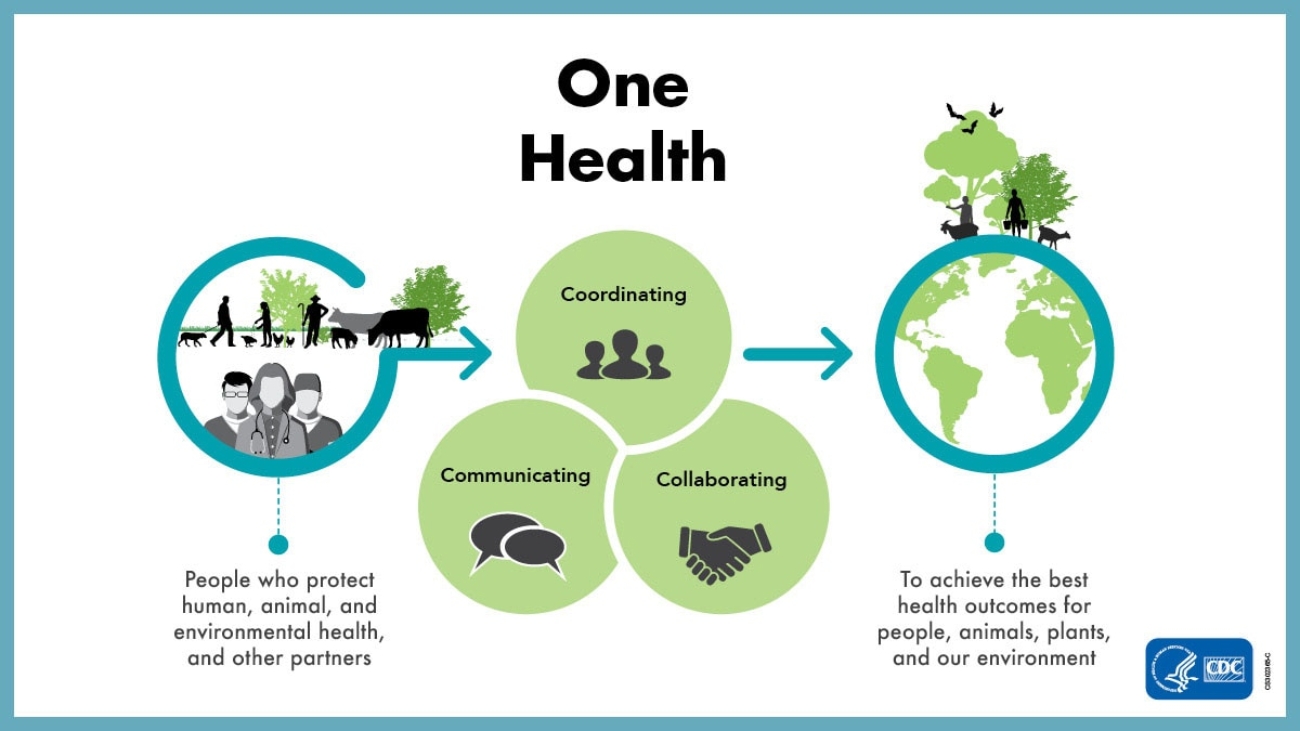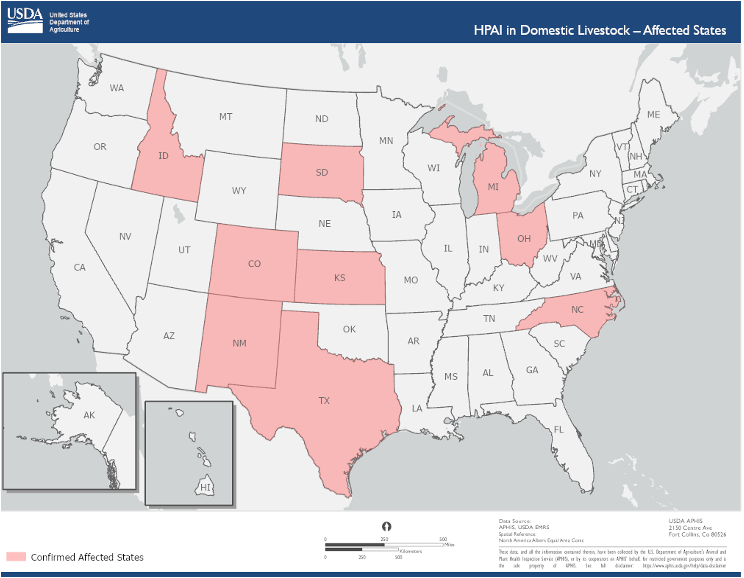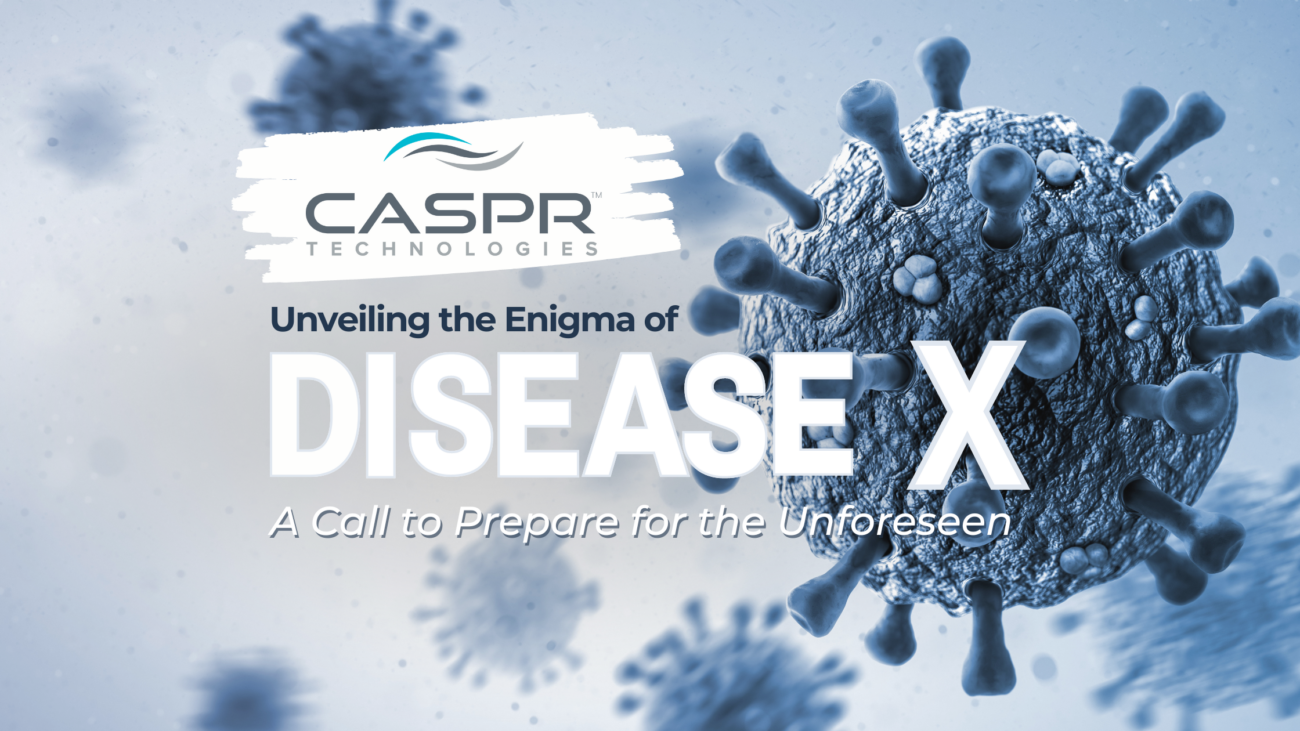The COVID-19 pandemic fundamentally changed how we think about indoor air quality. Suddenly, terms like “air changes per hour” and “MERV ratings” entered everyday conversations. But as we’ve learned more about airborne pathogen transmission, a critical question has emerged: Is bringing in fresh outdoor air enough to keep us safe? Recent research suggests the answer is more nuanced than we might expect. While ASHRAE ventilation standards provide essential foundations for healthy buildings, they may not be sufficient on their own for rapid pathogen control—especially when every minute counts for infection prevention.
The Gold Standard: ASHRAE Ventilation Rate Procedure
ASHRAE has long been the authority on indoor air quality standards. Their Standard 62.1, particularly the Ventilation Rate Procedure (VRP), serves as the backbone for ventilation design in buildings across North America.
What Makes the VRP Valuable
The VRP isn’t just about pumping in outdoor air—it’s a comprehensive system that addresses multiple aspects of indoor air quality:
- Tailored Ventilation Rates: Rather than a one-size-fits-all approach, the VRP prescribes specific outdoor air rates based on space type and occupancy. A computer lab has different requirements than a science laboratory or office space, reflecting the unique contamination sources and occupancy patterns of each environment.
- Holistic System Design: The standard goes far beyond ventilation rates, covering everything from building envelope design to prevent moisture problems, proper filter specifications (MERV-8 or higher), and strategic placement of outdoor air intakes to avoid contamination sources.
- Smart Air Management: Perhaps most importantly, the standard classifies indoor air into four categories based on contamination levels, with strict rules about where that air can be recirculated. This prevents contaminated air from spreading throughout a building.
- Continuous Evolution: ASHRAE standards are living documents, regularly updated based on the latest research and real-world performance data.
The Fresh Air Limitation: New Research Reveals Critical Gaps
While the VRP provides excellent general indoor air quality, recent research by ASHRAE members Brett Duffy and Dr. Margaret Scarlett has revealed a significant limitation when it comes to rapid pathogen control.
Their study compared traditional ASHRAE ventilation methods against continuous active in-room air cleaning devices (CA-IRAC) using bacteriophage MS2—a surrogate for dangerous pathogens like SARS-CoV-2 and influenza viruses.
The 4-Minute Problem
The results were striking. In the critical first four minutes of exposure:
- Active air cleaning: 70% pathogen reduction
- ASHRAE 62.1 ventilation: Just 1.5% reduction
- Enhanced ventilation (Standards 170 & 241): 32-50% reduction
Why does this matter? Because respiratory infections can occur within minutes of exposure to infectious particles. By the time traditional ventilation achieves significant pathogen reduction, exposure may have already occurred.
Dilution vs. Elimination: A Fundamental Difference
The research highlights a crucial distinction: outdoor air ventilation dilutes pathogens by mixing contaminated indoor air with clean outdoor air and exhausting the mixture. Active air cleaning devices eliminate pathogens by destroying them within the space.
Think of it this way: dilution is like adding clean water to muddy water—you reduce the concentration, but the mud particles are still there. Elimination is like filtering out the mud entirely.
The Path Forward: Complementary Strategies to ASHRAE Ventilation
This doesn’t mean we should abandon fresh air ventilation—quite the opposite. The research suggests that the most effective approach combines both strategies:
Why We Still Need Fresh Air
Outdoor air ventilation remains essential for:
- Removing carbon dioxide and body odors
- Controlling humidity levels
- Diluting chemical contaminants from building materials and furnishings
- Providing the psychological benefits of fresh air
Where Active Air Cleaning Excels
Continuous active air cleaning devices provide:
- Rapid pathogen reduction when it matters most
- Consistent performance regardless of outdoor air quality
- Energy efficiency compared to heated/cooled outdoor air
- Protection against both known and unknown airborne threats
Practical Implications for Building Operators
For facility managers and building operators, this research suggests several actionable steps:
Immediate Actions:
- Assess current ventilation performance against ASHRAE standards
- Consider portable or installed active air cleaning devices for high-risk spaces
- Ensure existing ventilation systems are properly maintained and commissioned
Long-term Planning:
- Design new systems with both adequate ventilation and active air cleaning
- Monitor emerging ASHRAE guidance on integrated approaches
- Consider spaces with high transmission risk (meeting rooms, cafeterias, classrooms) as priorities for enhanced air cleaning
Looking Ahead: The Future of Indoor Air Quality
The pandemic taught us that indoor air quality isn’t just about comfort—it’s about health and safety. As ASHRAE continues to evolve its standards based on emerging research, we can expect to see greater integration of active air cleaning technologies alongside traditional ventilation approaches.
The goal isn’t to choose between fresh air and air cleaning—it’s to use both strategically. Fresh air provides the foundation for healthy indoor environments, while active air cleaning provides the rapid response needed for pathogen control.
In our interconnected world, where people spend up to 90% of their time indoors, this dual approach may well become the new standard for truly safe and healthy buildings.
This analysis is based on research by ASHRAE members Brett Duffy and Dr. Margaret Scarlett, published in peer-reviewed studies on ventilation effectiveness and pathogen control. Building operators should consult with qualified HVAC professionals when implementing changes to ventilation or air cleaning systems.




